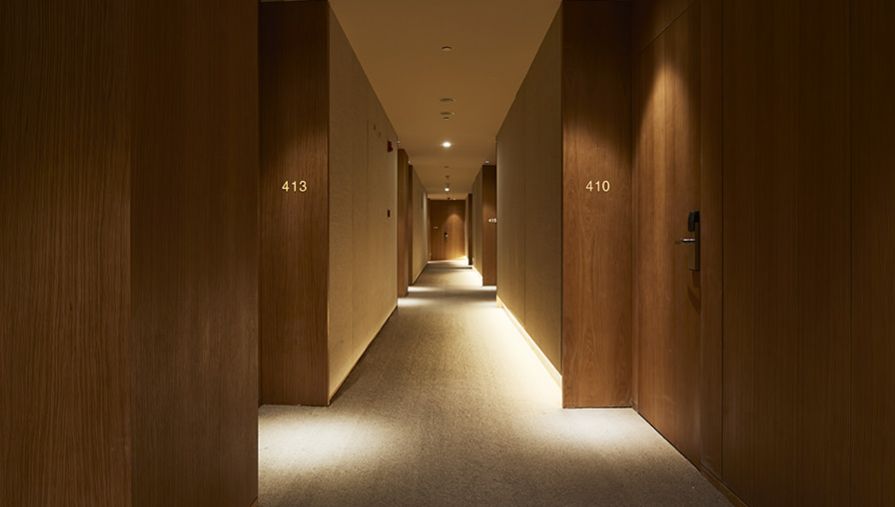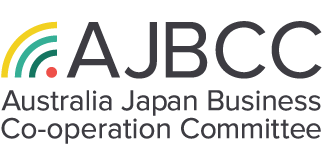
01 Feb A “No Brand” Hotel? – Intriguing Japanese Marketing.
Visitors to Japan have for years stumbled across a retail marketing phenomenon in Japan – the Muji shops. “Muji” which literally means “non-brand”, sells all manner of their own “home brand” products – “good quality at low price points”. Having over 400 stores in Japan, the Muji phenomenon eventually moved overseas. The number of overseas stores at around 480 has already eclipsed the Japan domestic market – with 250 stores in China including Hong Kong. Muji has just celebrated its 5th anniversary since opening its first store in Australia.
In a novel marketing move, Muji has now established its own “Muji” hotel brand seeking to capitalise on the Muji product image of lifestyle products with a clean simple design, often highlighting recycled materials. There are two hotels already located in China and a third in Ginza scheduled for 2019.
Overseas push by Japanese hotel companies yet to happen
Surprisingly, whilst Japanese companies from diverse sectors have established overseas, Japan’s major hotel brands have not really ventured overseas yet. In fact, unlike their well known US counterparts, the Japanese operators do not have visibility amongst global consumers. There could be a number of reasons for this situation. The Japanese Government’s ambitious plan to boost inbound tourism numbers with a target of 40 million visitors by 2020 – the time of the Tokyo Olympics – is making for an exceedingly healthy domestic accommodation market in Japan. (Currently there are around 30 million overseas visitors arriving in Japan annually.) Another reason could be the conventional Japanese hotel business model which, unlike overseas hotel brands, has seen a preference for the hotel property itself being owned by the operator rather than an investor. However, some Japanese hotel brands have made a start of their overseas foray by building or acquiring properties in short haul South East Asian destinations – especially Saipan, Guam and Hawaii as well as China.
Japan’s major hotel brands
– Seibu Holdings (Seibu Group)
The group’s hotel business is Prince Hotels Inc. which operates 43 hotels in Japan and 9 hotels overseas. Seibu recently purchased the Australian hotel management company StayWell. StayWell is part of Seibu’s international strategy which includes expanding the brand segmentation offerings.
– Resorttrust Inc
With 47 hotels and only one overseas in Hawaii, Resorttrust brands include Baycourt Club (members only), Grand XIV as well as city hotels under the Hotel Trusty label. But the company’s activities are also diversified into golf clubs, medical facilities and senior living.
– Tokyu Corporation
Japan’s private railway conglomerate, Tokyu Dentetsu’s subsidiary Tokyu Corporation operates 44 hotels under the Tokyu Hotel, Excel Hotel Tokyu and Tokyu REI Hotel brands. 5 hotels are located outside of Japan in Hawaii and Taiwan.
A note on Japan’s private railroad company conglomerates. A distinguishing feature of Japanese private railway companies is that they often have subsidiaries which own and operate shopping centres (often located at the railway terminus), urban development (using surplus railway land or adjacent to the railway line) and travel agencies.



